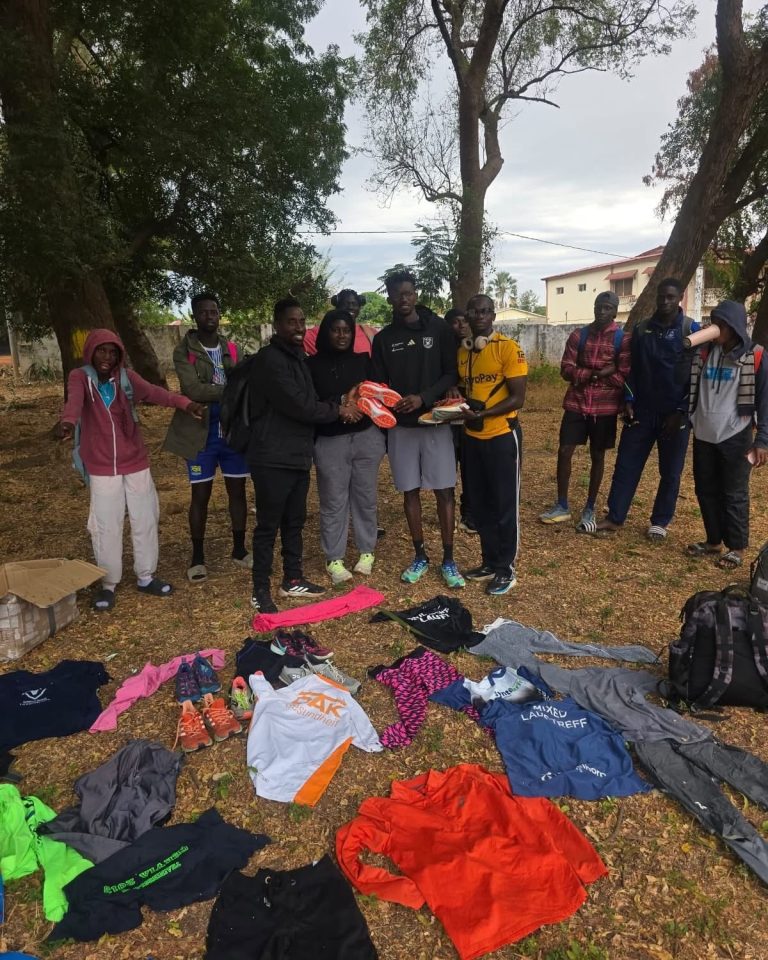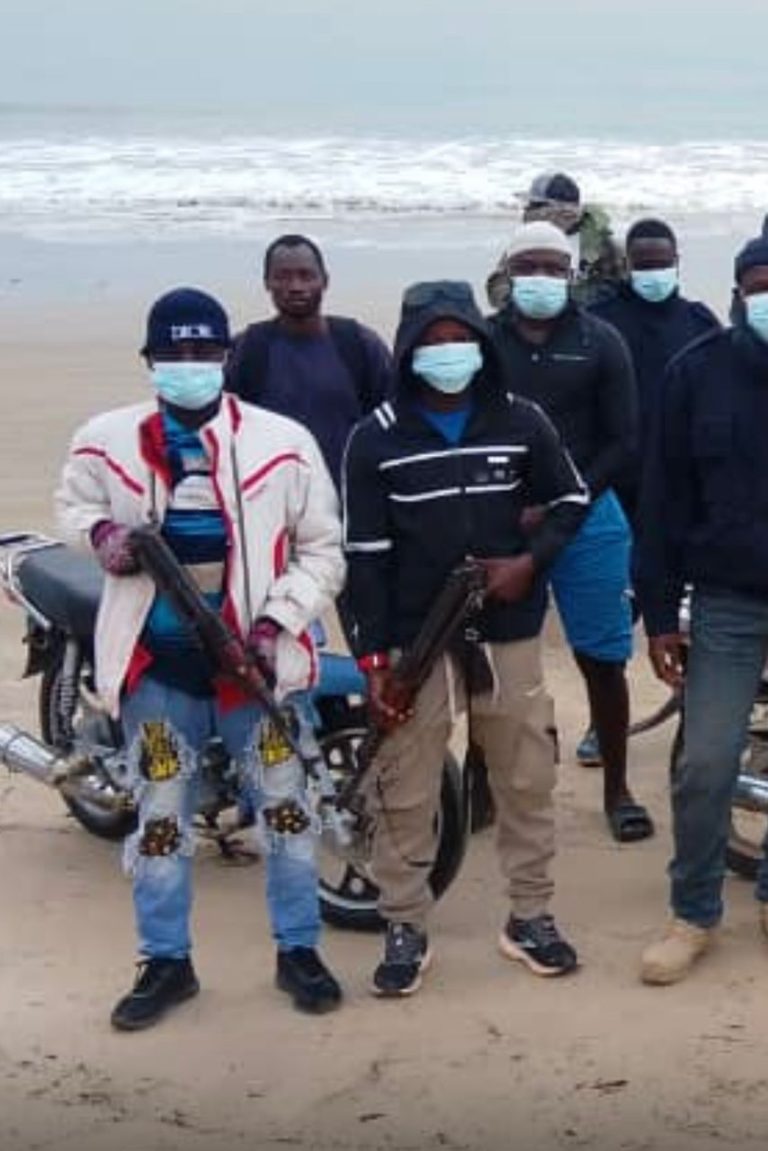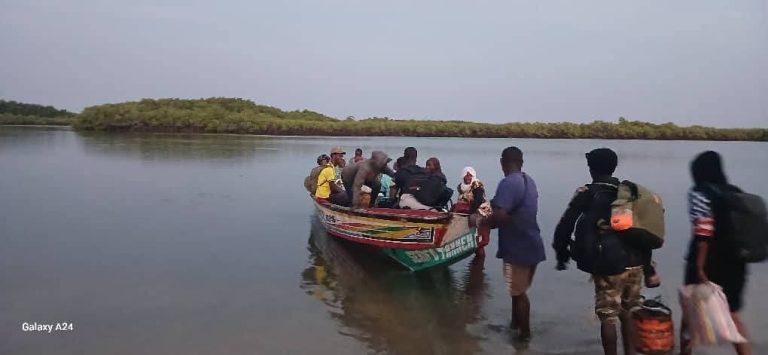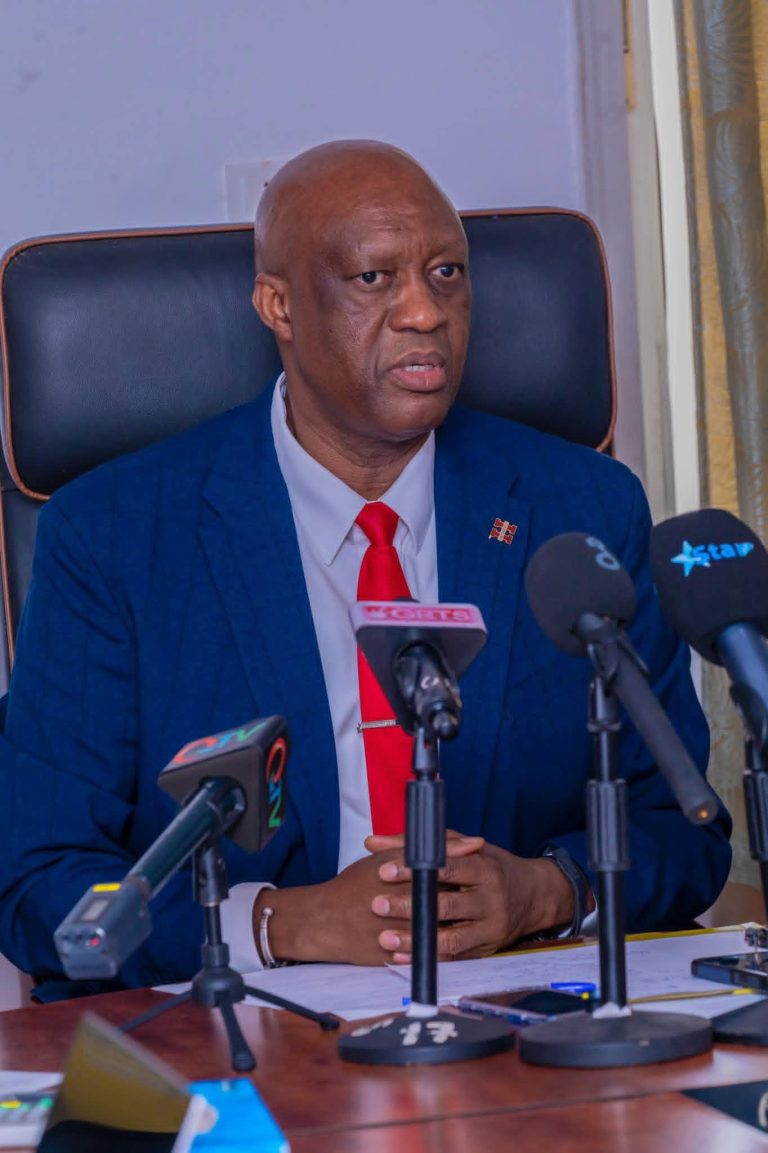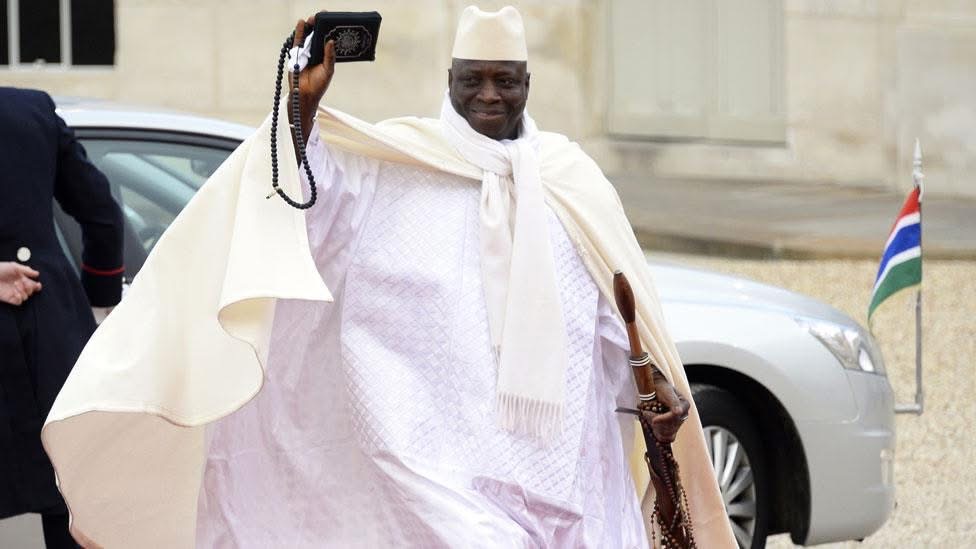
By Alagi Yorro Jallow Part 1
Fatoumatta: I am not a lawyer; however, I understand the difference between justice and justification. I can recognize when the law is used as a sword for truth and when it is twisted into a shield for impunity. Recently, a chorus of commentators, Yahya Jammeh’s loyalists, and so-called legal pundits have emerged, echoing Jammeh’s claim that the Truth, Reconciliation, and Reparations Commission (TRRC) and the Janneh Commission are “null and void.” They speak not as defenders of the law, but as apologists for tyranny. Their arguments are not rooted in jurisprudence; they stem from opportunism, revisionism, and selective amnesia. These are not legal experts representing the people’s interests; they are advocates of denial.
Yahya Jammeh’s November 2025 declaration rejecting the legal standing of the Janneh Commission and the TRRC is not a legitimate legal argument but a political maneuver disguised as constitutional rhetoric. It is a desperate attempt to rewrite history and cast doubt on the very institutions meant to restore truth, dignity, and justice to a wounded nation.
Fatoumatta: Let us be clear: both commissions were established by acts of the National Assembly, the highest legislative body in The Gambia. The National Assembly, representing the will of the Gambian people, passed these acts after extensive debate and consultation. These acts were not arbitrary decisions but the result of a democratic process, where elected representatives deliberated on the best course of action to address the economic plunder and human rights atrocities committed during Jammeh’s regime. Their mandates are grounded in law, their procedures governed by due process, and their findings endorsed by the Gambian government.
This underscores the legitimacy and authority of these commissions. Jammeh’s claim that these commissions are “not recognized under the laws of The Gambia or by its courts” is not only legally incorrect but also morally indefensible. He and his legal team had every opportunity to challenge the commissions during the proceedings, but they chose to remain silent. Now, years later, they seek to invalidate the truth not through legal means, but through denial. This is not jurisprudence; it is revisionism.
The TRRC was not a tribunal of vengeance; instead, it acted as a mirror reflecting a nation’s conscience. It provided a platform for the voices of the oppressed to be heard, and it documented enforced disappearances, torture chambers, extrajudicial killings, and the systematic dismantling of institutions. The Janneh Commission revealed the looting of public wealth and the erosion of fiduciary trust. To dismiss these findings is to ignore the pain of mothers who buried their sons in silence and to separate husbands from wives and parents from children in sheer contempt by exiling dissenters. It is to erase the testimony of survivors who spoke not out of a desire for revenge, but for recognition. It is to disrespect the memory of journalists, activists, and ordinary citizens who dared to dream of a Gambia free from fear. Jammeh’s letter speaks of “peace” and “unity.” However, peace without truth is merely pacification—a temporary calm that fails to address the underlying issues. Unity without accountability becomes complicity. Reconciliation is not a shortcut; it is a journey that requires acknowledgment, repentance, and repair.
Fatoumatta: Yahya Jammeh’s invocation of the ECOWAS-AU-UN Joint Agreement represents a selective interpretation of diplomacy. While that agreement facilitated his peaceful departure, it did not guarantee his unaccountable return. International law does not protect perpetrators from justice; instead, it empowers nations to pursue it. The Gambia is not alone in this struggle. Countries like Liberia, Sierra Leone, South Africa, and Rwanda have all confronted the ghosts of impunity, and the international community has played a crucial role in supporting their efforts.
The world is watching, not to see if Jammeh returns, but to determine whether The Gambia will uphold its promise: Never Again. The support of the international community is crucial to this journey toward justice and reconciliation, as their backing can exert the necessary pressure and provide the resources to ensure justice is served. Yes, Jammeh has the constitutional right to return.
However, he does not have the right to return as if nothing had happened. He cannot stroll back into the country he once ruled with an iron fist and demand “statutory guarantees” while denying the statutory truths that exposed his regime. His return must be met with scrutiny, not celebration; with civic vigilance, not silence. The soil of The Gambia is sacred; it carries the memories of those who suffered, resisted, and survived. The arrogance of unrepentant power must not trample it. His return without accountability would not only be a travesty of justice but also a betrayal of the sacrifices made by the Gambian people in their struggle for truth and justice, potentially leading to a regression in the country’s progress and a resurgence of fear and oppression.
Fatoumatta: To the Gambian people: your memory is your shield, and your truth is your sword. Do not allow Jammeh’s rhetoric to overshadow the TRRC’s voices. The TRRC’s work documenting enforced disappearances, torture chambers, and extrajudicial killings is essential in uncovering the truth and ensuring justice. Uphold its findings and do not let legal maneuvering erase the moral clarity of your struggle. Your memory and truth are not just powerful, they are your greatest weapons in this fight.
To the international community: stand with The Gambia, not just in diplomacy but in justice. Your support is not just vital, it is indispensable in the fight for accountability. Advocate for the implementation of the TRRC recommendations, demand accountability, and protect victims’ dignity.
Fatoumatta: To Jammeh: history has spoken. The commissions you dismiss are not mere footnotes; they are significant chapters. You may return, but you will not rewrite the narrative. The Gambia, united and strong, is no longer your playground; it is a republic reborn, shaped by the significant chapters written by the TRRC and the Janneh Commission.

